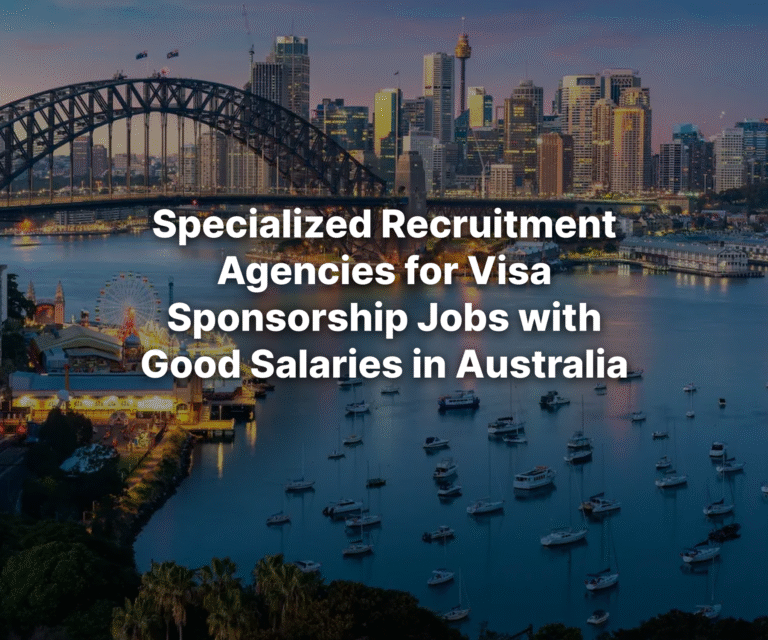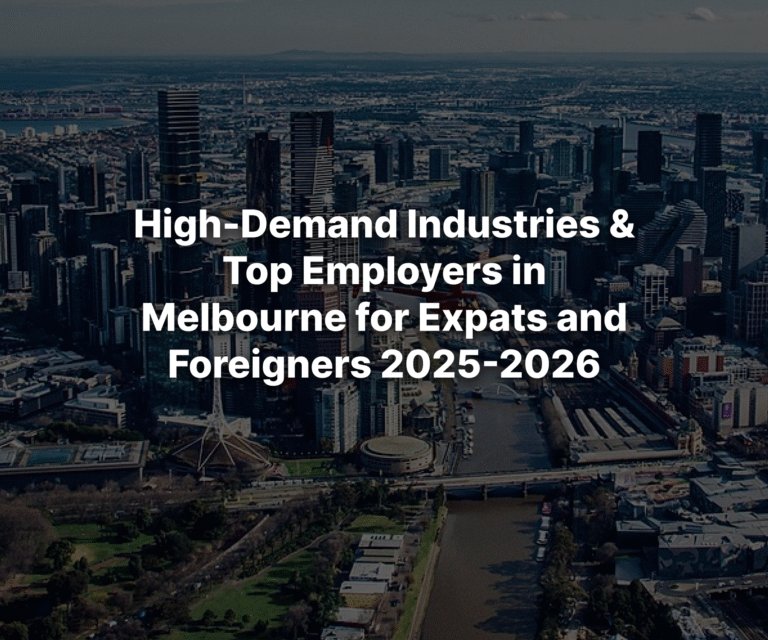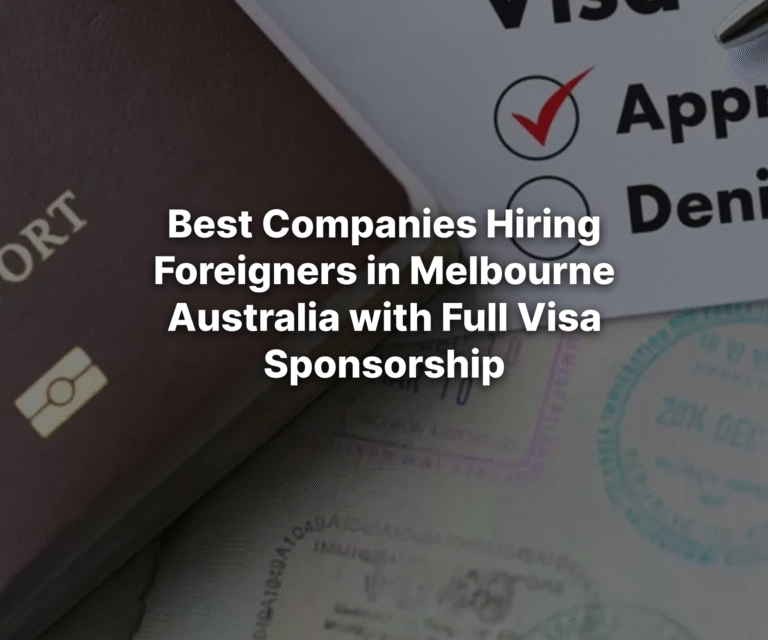The United Kingdom continues to position itself as one of the world’s premier destinations for international investors and business professionals seeking new opportunities. With its robust economy, strategic geographical location, and business-friendly environment, the UK offers compelling advantages for those looking to relocate their business operations or establish new ventures. This comprehensive guide explores the pathways, requirements, and opportunities available for investor and business relocation to the UK in 2025 and 2026.
Understanding UK Business Immigration Landscape
The UK has undergone significant changes to its immigration system in recent years, particularly following Brexit. The points-based immigration system now governs most entry routes, including business and investor pathways. This system prioritizes skills, qualifications, and economic contributions, making it essential for potential relocators to understand which visa category best suits their circumstances.
For business professionals and investors, several visa routes remain available, each designed to accommodate different types of business activities and investment levels. Understanding these options is crucial for planning a successful relocation strategy.
Key Visa Routes for Business Relocation
Innovator Founder Visa
The Innovator Founder visa represents one of the most attractive options for entrepreneurs seeking to establish innovative businesses in the UK. This visa requires applicants to have an innovative, viable, and scalable business idea that has been endorsed by an approved endorsing body.
To qualify for this visa, applicants must demonstrate that their business idea is genuinely innovative, offering something different from existing market solutions. The business must also show potential for job creation and growth within the UK market. Applicants need at least £50,000 in investment funds, though this requirement may be waived in certain circumstances, particularly if the endorsing body confirms the business requires less capital.
The initial visa is granted for three years, after which holders can apply for an extension or settlement if they meet specific milestones. These milestones include creating jobs, generating revenue, or securing additional investment. The flexibility of this visa makes it particularly appealing for tech entrepreneurs and innovative business leaders.
Skilled Worker Visa with Company Sponsorship
For professionals relocating with sponsorship from UK companies, the Skilled Worker visa offers a straightforward pathway. UK employers must hold a valid sponsor license to hire international talent, and they must demonstrate that the role cannot be filled by the resident labor market.
The position must meet minimum salary thresholds, typically £38,700 annually or the going rate for the specific occupation, whichever is higher. However, certain occupations on the shortage occupation list may qualify for reduced salary requirements. Points are awarded based on job offer, salary level, English language proficiency, and qualifications.
This route is particularly suitable for senior executives, specialist professionals, and managers being transferred by multinational corporations. The visa can lead to settlement after five years of continuous residence, making it an attractive long-term option for business professionals.
Senior or Specialist Worker Visa
The Senior or Specialist Worker visa, formerly known as the Intra-Company Transfer visa, facilitates the relocation of senior managers and specialist employees from overseas branches to UK offices. This visa requires the applicant to have worked for their employer outside the UK for at least 12 months before applying.
Applicants must be earning at least £48,500 annually and be moving to a role that genuinely requires their specific expertise or seniority. This visa is ideal for multinational companies expanding their UK operations or establishing new offices. While it does not directly lead to settlement, it provides an effective way for established businesses to relocate key personnel.
Global Business Mobility Routes
The UK offers several specialized routes under the Global Business Mobility category, designed to facilitate international business operations. These include options for graduate trainees, service suppliers, and UK expansion workers establishing a UK branch of an overseas business.
The UK Expansion Worker route is particularly relevant for companies without an existing UK presence. It allows businesses to send senior staff to establish operations in the UK for up to 12 months initially, with the possibility of extension. This provides companies with the time needed to build their UK infrastructure while maintaining operational continuity.
Investment Requirements and Financial Considerations
Financial planning is crucial for successful business relocation to the UK. Beyond visa-specific investment requirements, relocating businesses must consider various costs including business establishment, operational expenses, and personal living costs.
Setting up a business in the UK requires registration with Companies House, obtaining necessary licenses and permits, and establishing business banking facilities. Professional services such as legal counsel and accounting support are essential for ensuring compliance with UK regulations. Many relocating businesses budget between £20,000 and £100,000 for initial setup costs, depending on business size and complexity.
Personal financial considerations include housing costs, which vary significantly across UK regions. London commands premium prices, while cities like Manchester, Birmingham, and Edinburgh offer more affordable alternatives with strong business ecosystems. Families should also factor in education costs if considering private schooling, alongside healthcare and general living expenses.
Sponsorship by UK Companies: What You Need to Know
For business professionals seeking relocation through company sponsorship, understanding the sponsorship process is essential. UK companies must obtain a sponsor license from the Home Office before they can sponsor international workers. The process involves demonstrating that the company is genuine, operating lawfully, and capable of fulfilling sponsorship duties.
Companies seeking to sponsor workers must pay relevant fees, which include the sponsor license application fee and the Immigration Skills Charge for each sponsored worker. The Immigration Skills Charge is £1,000 annually for large companies and £364 for small businesses and charities. Employers must also pay the Immigration Health Surcharge on behalf of their sponsored employees.
Sponsored workers benefit from employer support throughout the visa application process. The sponsoring company issues a Certificate of Sponsorship, a digital document containing information about the job and the worker’s personal details. This certificate is essential for the visa application and demonstrates that the position meets all legal requirements.
Benefits of Relocating to the UK for Business
The UK offers numerous advantages for international businesses and investors. Its position as a global financial hub provides unparalleled access to capital markets, banking services, and investment opportunities. London remains one of the world’s leading financial centers, while other UK cities are emerging as specialist hubs for technology, life sciences, and creative industries.
The UK’s legal and regulatory framework is well-established and transparent, providing businesses with predictability and protection. English law is widely recognized internationally, making contract enforcement straightforward. The corporate tax system, while competitive, offers various reliefs and incentives for research and development, capital investment, and creative industries.
Access to talent represents another significant advantage. The UK boasts world-class universities producing highly skilled graduates across all sectors. The diverse, multicultural workforce brings global perspectives and language capabilities valuable for international business operations. Professional services sectors, including legal, accounting, and consultancy, are highly developed and internationally oriented.
Regional Opportunities Across the UK
While London attracts significant attention, other UK regions offer compelling opportunities for business relocation. Manchester has emerged as a leading technology and digital hub, with lower operational costs than London and a thriving startup ecosystem. The city offers excellent transport links and a growing talent pool from its universities.
Scotland, particularly Edinburgh and Glasgow, provides strong opportunities in financial services, technology, and life sciences. The Scottish government actively supports business development through various initiatives and offers a distinctive business culture. Corporate tax rates remain aligned with the rest of the UK, while operational costs may be lower.
Birmingham, the UK’s second-largest city, offers a central location with excellent transport connectivity. The city has invested heavily in infrastructure and is positioning itself as a hub for professional services and advanced manufacturing. Property costs remain significantly below London levels, making it attractive for businesses requiring substantial office or manufacturing space.
Application Process and Timeline
The visa application process requires careful planning and documentation. Most business visa applications are submitted online through the UK government’s visa platform. Applicants must provide extensive documentation including proof of finances, business plans, endorsements, and personal identification documents.
Processing times vary by visa type and application location. Standard processing typically takes three weeks for applications submitted from outside the UK, though priority services can reduce this to five working days for an additional fee. Applications submitted from within the UK generally process within eight weeks.
Preparation is key to successful applications. Business plans must be thorough, realistic, and demonstrate clear market understanding. Financial documents must be properly certified and translated if not in English. Many applicants work with immigration lawyers to ensure applications meet all requirements and present information effectively.
Supporting Your Family’s Relocation
Business relocations often involve entire families. The UK visa system allows most business visa holders to bring dependent family members, including spouses, civil partners, and children under 18. Dependents receive visas matching the main applicant’s validity period and enjoy similar rights.
Families relocating to the UK should consider education options carefully. The UK offers excellent state education, though many international families opt for private schools offering international curricula. Healthcare through the National Health Service is accessible to visa holders who pay the Immigration Health Surcharge as part of their application.
Cultural adaptation is an important consideration. The UK’s multicultural society generally welcomes international families, and most cities have established expatriate communities. Learning about local customs, education systems, and social norms helps families settle more quickly and comfortably.
Tax Implications and Financial Planning
Understanding UK tax obligations is crucial for business relocators. The UK operates a residence-based tax system, with individuals typically becoming tax residents if they spend 183 days or more in the UK during a tax year. Tax residents pay UK tax on worldwide income, though various reliefs and the remittance basis may apply in certain circumstances.
Business owners must navigate both personal and corporate tax obligations. The UK corporate tax rate stands at 25% for profits over £250,000, with a small profits rate of 19% for companies with profits under £50,000. Entrepreneurs may benefit from various tax reliefs including capital allowances, research and development tax credits, and reliefs for capital gains on qualifying business disposals.
Professional tax advice is essential for optimizing tax positions legally. Many business relocators engage tax advisors before moving to structure their affairs efficiently. Double taxation treaties between the UK and many countries help prevent paying tax twice on the same income.
Building Your UK Business Network
Success in the UK business environment often depends on building strong professional networks. The UK hosts numerous business organizations, industry associations, and networking groups catering to international business professionals. Chambers of commerce, particularly those focused on specific countries or regions, provide valuable connection opportunities.
Professional networking platforms and industry events offer regular opportunities to meet potential partners, clients, and advisors. Many UK cities host regular business networking events, sector-specific conferences, and entrepreneur meetups. Engaging with these communities helps newcomers understand market dynamics and identify opportunities.
Government support programs also facilitate business networking. The Department for Business and Trade offers various schemes supporting international businesses establishing UK operations. Regional development agencies provide sector-specific support and can connect businesses with relevant stakeholders.
Compliance and Ongoing Requirements
Maintaining visa status requires ongoing compliance with immigration rules. Business visa holders must inform the Home Office of significant changes including address changes, travel outside the UK, and changes to employment or business circumstances. Sponsored workers must notify both their sponsor and the Home Office if their employment changes.
Business owners must ensure their companies remain compliant with all UK regulations including Companies House filing requirements, tax obligations, and employment laws. Annual accounts must be filed, and corporate tax returns submitted within specified timeframes. Failure to maintain compliance can jeopardize both business operations and immigration status.
Record keeping is essential for visa extensions and settlement applications. Visa holders should maintain comprehensive records of business activities, financial transactions, and personal circumstances. These records become crucial evidence when demonstrating continued eligibility for visa extensions or permanent residence.
Pathway to Settlement
Many business visa routes offer pathways to settlement, known as Indefinite Leave to Remain. Generally, applicants can apply for settlement after five years of continuous residence in the UK, though specific requirements vary by visa category.
Settlement applications require demonstrating continued compliance with visa conditions, passing the Life in the UK test, and meeting English language requirements. Applicants must show they have maintained their business activities or employment and have not spent excessive time outside the UK.
After receiving settlement, individuals can apply for British citizenship after 12 months, subject to meeting additional requirements including good character provisions. Citizenship offers full rights including voting and unrestricted travel, representing the culmination of the relocation journey.
Conclusion
Relocating to the UK as an investor or business professional in 2025 and 2026 offers significant opportunities despite the complexity of the immigration system. The UK’s strong economy, established legal framework, and access to global markets make it an attractive destination for international business operations.
Success requires careful planning, thorough understanding of visa requirements, and realistic assessment of business prospects. Whether relocating through company sponsorship, establishing an innovative business, or expanding an existing enterprise, the UK provides multiple pathways accommodating different business models and investment levels.
Working with experienced immigration advisors, tax professionals, and business consultants helps navigate the complexities and maximize chances of success. The investment in professional guidance typically proves worthwhile, helping avoid costly mistakes and ensuring efficient processing of applications.
For those prepared to commit to the requirements and embrace the opportunities, the UK offers a welcoming environment for international business talent and capital, promising rewarding prospects for those who successfully make the transition.







